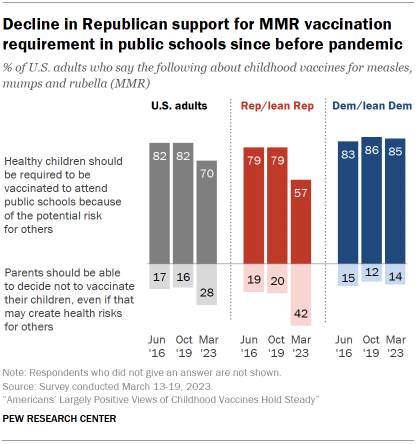In The Politics of Autism, I discuss international perspectives.
For the past year I have traveled throughout Norway, exploring the transition to adulthood for a variety of often-marginalized groups, including people with intellectual disabilities or learning challenges. Along the way, I have met several organizations aiming to improve the situation for this population, including a largely government-funded but privately run group called Helt Med.
Helt Med has developed a work inclusion model across Norway to help employ individuals with intellectual disabilities in the mainstream workforce. More recently, they have also been trying to expand a smaller pilot program called Ung Jobb, which aims to create a smooth school-to-career pipeline for some of these students.
As of spring 2023, only about 40 high school students have gone through the Ung Jobb program, which is primarily in Agder County in southern Norway. But Agder government announced it will be tripling its current investment in the program starting in the 2023-2024 school year. This comes as Helt Med aims to expand the Ung Jobb project to other parts of the country.
This video report takes an in-depth look at Helt Med’s school-to-career program in Agder County, exploring its potential as one solution to better support students with intellectual disabilities in their transition from school to working life in Norway.
